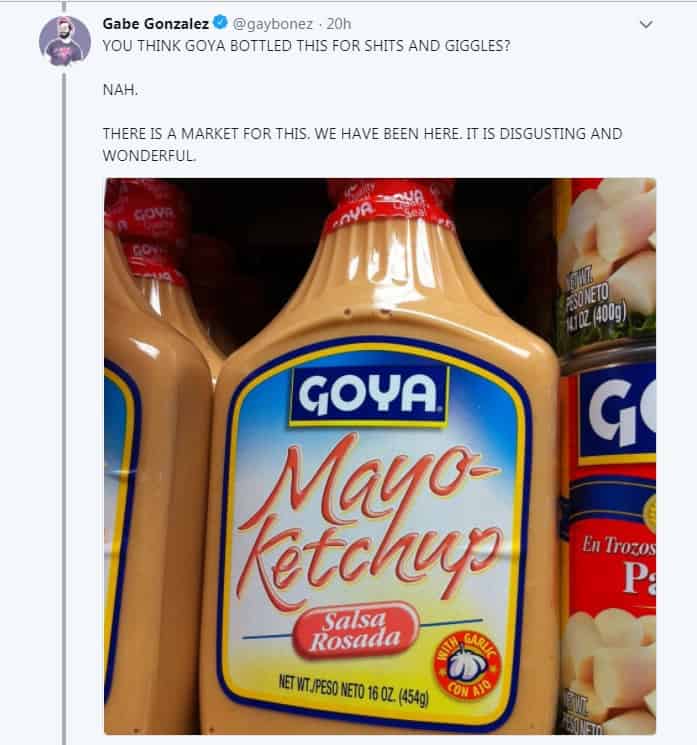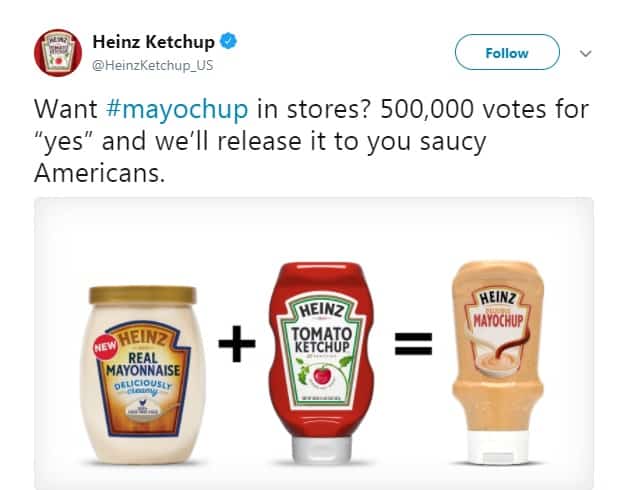The quote of the day, if not the week, came from comedian Gabe González on Twitter: “We may have different names for her (Mayo-Ketchup, Salsa Golf, Fry Sauce, Salsa Rosada), but we all pray to the same sauce. This blasphemy from Heinz will not stand.”
His was one of hundreds of responses to Heinz, which set off a firestorm Thursday when it announced that if 500,000 people voted in favor of “mayochup,” a combination of the company’s ketchup and mayo, it would release the apparently new product to “you saucy Americans.”
Just hours later, the company was clearly overwhelmed by the “fierce” reaction, not to mention dozens of spinoff debates among defenders of mayo-ketchup combos in its various forms and names.
“Puerto Ricans bathe in it,” wrote one Twitter user. In Puerto Rico, the sauce is called mayoketchup; in Costa Rica and in a few other Latin American countries, the ubiquitous combo, of course, is known as pink sauce, or salsa rosada. And yes, it’s available in bottled form in many parts of the world.
In Utah, it’s called fry sauce, and people from that state were just as fiesty as the boricuas in their online defense against Heinz usurpation.
According to The Washington Post’s chronicle of MayoChupGate (ok, that may not be a keeper), “legend actually places the origins of the condiment in the 1920s in Argentina, where it’s often referred to as ‘salsa golf.’ According to lore, a teenager named Luis Federico Leloir was eating prawns with friends at the Mar del Plata Golf Club in the coastal city of Mar del Plata when he decided to try an experiment, Ozy recounted. Joking around with his buddies, he mixed mayonnaise and ketchup to accompany the prawns, christening the sauce ‘salsa golf.'”
Leloir went on to win a Nobel Prize in Chemistry, but joked that he would have made more money if he’d patented the sauce, the Post reported.
It seems Heinz executives reconsidering the name for their version (and probably delighted by the obviously enormous demand for pink sauce). We’ll turn back to Gabe González for the last word.
“There is a market for this,” he wrote. “We have been here. It is disgusting and wonderful.”







